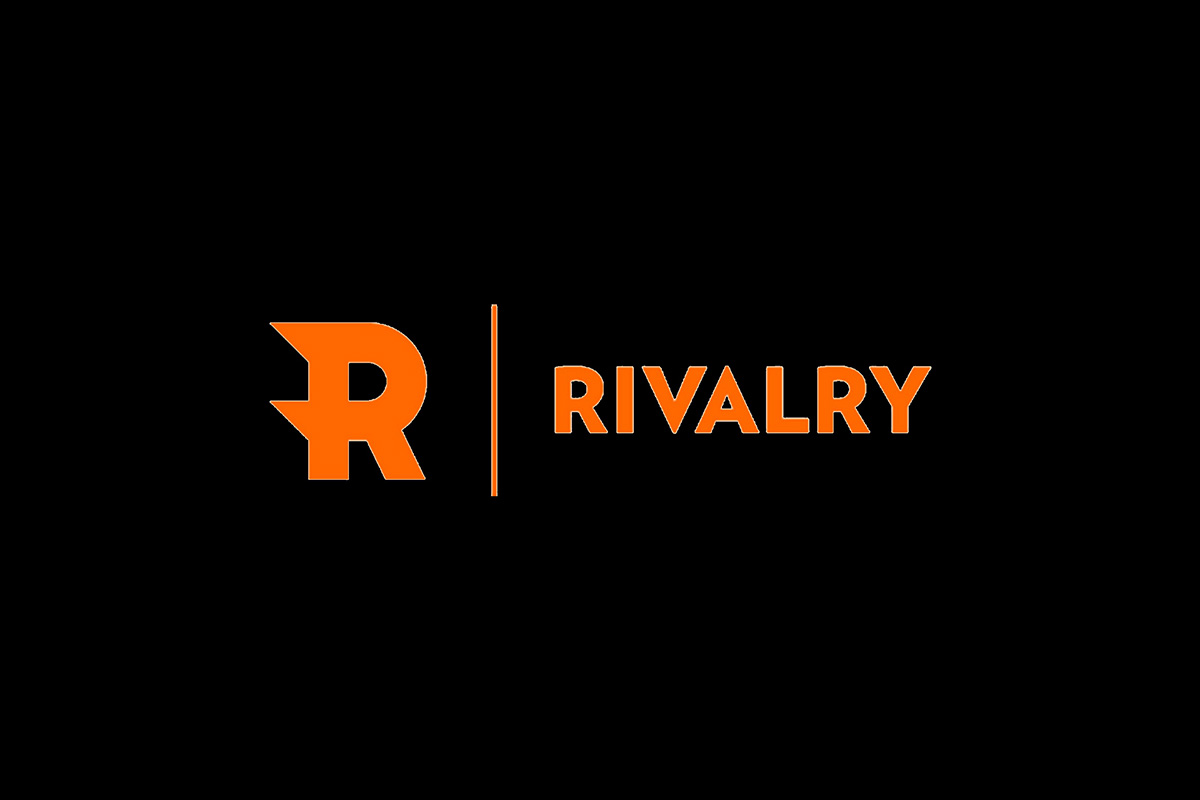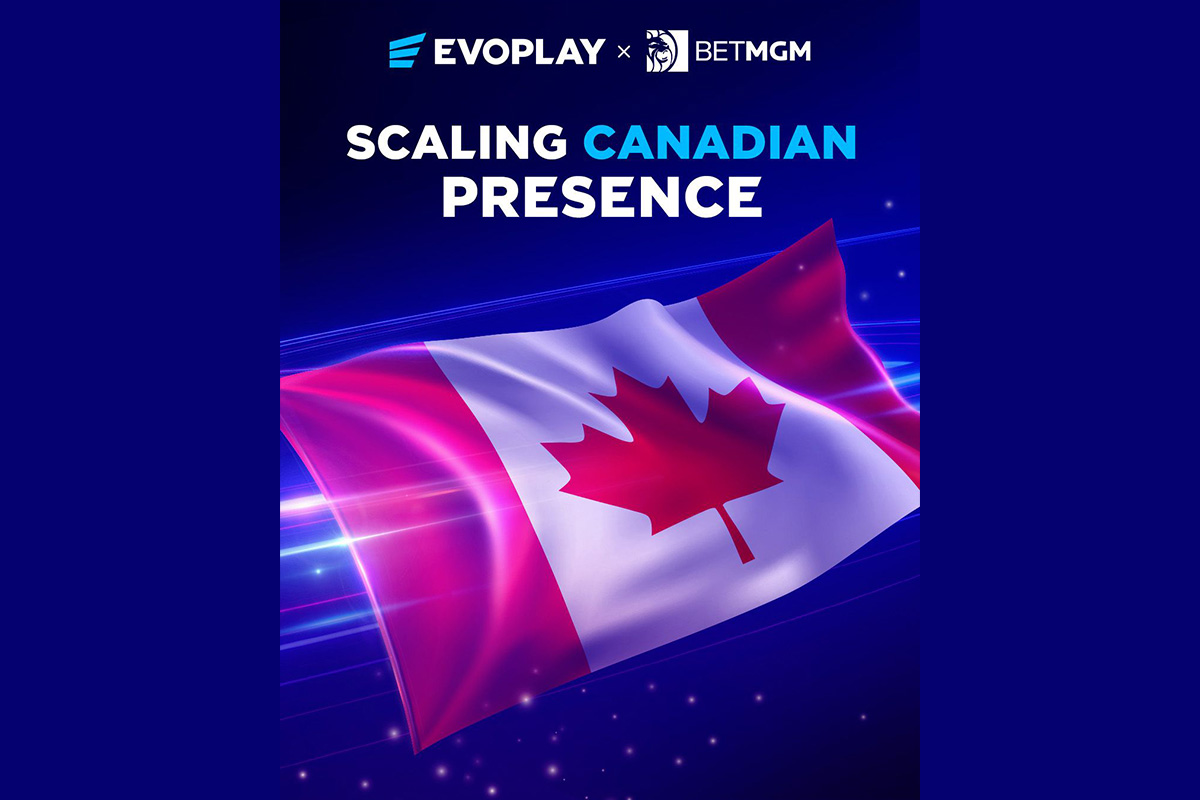Canada
Gambling Laws in the USA Explained – NJ + South Dakota State Legislation Examples

Gambling laws in the US may seem complex, but once you break them down, they actually make perfect sense. It all begins with Federal Law passed through Congress where there is a ban on American financial institutions allowing players to fund any type of online gambling accounts.
If caught, the fine is exorbitant to say the least, so naturally the financial arena in the US obliged by banning all online casino transactions. Even crypto wallets based in the US are susceptible to fines if caught allowing US subscribers to fund an overseas online casino account. However, state level laws can override Federal law using land-based casino licenses where taxes on gambling revenue are still applicable.
Explanation of how US online casinos can operate under land-based casino licensing
To explain further, New Jersey is perhaps one of the best examples to use. Land-based casinos have licences to operate in Atlantic City—the only place where casinos are legal in the state under the New Jersey Casino Control Commission (NJCCC).
Next, under the Division of Gaming Enforcement’s Licensing Forms (NJDGE), online casino brands can apply for a partnership under one of the land-based casinos. For example, you can check out this virgin-casino review, which is a US online casino available in New Jersey under the Tropicana Atlantic City land-based casino licence. As long as Virgin Casino operates its online gambling servers on the premises of Atlantic City’s Tropicana land-based casino, players that connect with these servers are effectively betting inside the casino.
As a result, betting using US dollars is legal, and financial institutions can legally offer deposit and withdrawal methods with these casinos. Adding to this, if you search for legal/licensed online casinos in New Jersey, you will also see the Tropicana online casino is another option.
Both Virgin and Tropicana online casinos operate under the same Tropicana land-based casino license and, as such, revenue earned via the online casino is clubbed together and reported to the Inland Revenue for tax purposes.
Explanation of states that use different frameworks for multiple gambling verticals (South Dakota)
Both online sports betting and online casinos can operate in the Garden State under the laws laid out by the NJDGE. However, in some states, online gambling is illegal, while making deposits to online and/or mobile sports betting are legal. This may seem odd at first, but in effect, both gambling verticals operate under different laws in some states. Then there are separate land-based sports betting, horse racing, and casino laws that do not coincide with online gambling laws. In South Dakota, there are different laws for all verticals.
South Dakota Gambling Laws:
- Online Horse Racing—legal framework in place (Permitted)
- Land-based Horse Racing—legal framework in place (Permitted)
- Dog Racing—no legal framework (Not permitted)
- Online Casinos—no legal framework (Not permitted)
- Land-based Casinos—legal framework in place (Permitted for certain games)
- Poker—legal framework in place (Permitted)
- Online Sports Betting—no legal framework (Not permitted)
- Land-based Sport Betting—no legal framework (Not permitted)
- Fantasy Sports Betting—no legal framework (Not permitted although some confusion)
- Lottery—legal framework in place (Permitted)
As you can see, in South Dakota, the laws allow online and land-based horse racing bets. Yet, this does not fall under sports betting, which refers to football, soccer, basketball, and so on. Meanwhile, no forms of online casino gambling have a legal framework in place. Lottery is permitted thanks to a 1986 constitutional amendment approved by voters.
Land Based Casino Games Permitted in South Dakota
In 1989, land-based ‘Video Keno’, ‘Bingo’, and ‘Video Poker’ came to South Dakota as the first casino games to legally operate in the state. Shortly after, casinos in Deadwood would come to town via a vote that made casinos legal here to save the city’s economy.
Land-based casino games now legal in South Dakota’s Deadwood:
- Video Slots
- Blackjack
- Poker
- Craps/Roulette
- Video Keno
- Bingo
- Video Poker
Casinos must abide by maximum bet limits on each game and the number of tables, slots, or other gaming machines allowed on the premises. With the laws regularly changing, the city is now a popular casino destination with over 40 land-based establishments operating today.
Why is it important to understand the different state laws?
If you are looking to gamble legally in the US whether online, retail, or at a land-based casino establishment, through this guide, you will now be aware that some states are straightforward with their laws, while others have various laws across multiple verticals.
New Jersey, Michigan, Pennsylvania, Delaware, West Virginia, and Connecticut have the most straightforward laws for pretty much all forms of gambling. Nevada is fairly straightforward legalising all forms of gambling online and land-based with the exception of online casinos. Then there are states you will need to do a little more research on, such as South Dakota, where gambling laws are applied to a variety of different verticals. Now you know what to look out for, you can travel across the country and know what to look for before deciding whether you can legally gamble.
Powered by WPeMatico
Canada
Rivalry Corp. Announces Significant Reduction in Operations and Evaluation of Strategic Alternatives

Rivalry Corp. announced that its Board of Directors has approved a significant reduction in operating activity as the Company evaluates strategic alternatives in respect of its assets and operations.
The Company is engaged in discussions with third parties regarding potential transactions. However, in light of recent performance volatility, the Board has determined to materially reduce the scale of operations while assessing whether a strategic transaction or other alternative can be advanced.
Effective immediately, the Company is implementing substantial cost reductions, including a significant workforce reduction and reduced operating expenditures. The Company has paused player activity on its platform and is facilitating player withdrawals in the ordinary course.
The Company is assessing a range of potential alternatives, which may include asset-level transactions, corporate transactions, restructuring initiatives or other strategic outcomes.
Given the Company’s reduced operating scale and the ongoing evaluation process, there can be no assurance that any strategic alternative will be completed or that operations will continue in their current form.
The post Rivalry Corp. Announces Significant Reduction in Operations and Evaluation of Strategic Alternatives appeared first on Americas iGaming & Sports Betting News.
Alex Malchenko
Evoplay Strengthens Canadian Presence with BetMGM Partnership

Evoplay is celebrating another milestone in its regulated-market journey with a new launch in Ontario, teaming up with BetMGM to bring its games to one of Canada’s most dynamic and competitive jurisdictions.
The rollout introduces 18 Evoplay titles to BetMGM Casino in Ontario, carefully selected to deliver long-term engagement and appeal to a wide range of player preferences. The first wave includes proven performers such as:
• Hot Triple Sevens
• Hot Volcano
• Gold of Sirens Bonus Buy
• Inner Fire Bonus Buy.
These are games that have already demonstrated strong results across multiple regulated markets.
This launch marks another confident step in Evoplay’s Canadian expansion, reinforcing the company’s commitment to aligning its content with local market requirements, player expectations, and regulatory standards.
Alex Malchenko, Head of Sales at Evoplay, said: Ontario continues to set a high standard for regulated online casinos, making it a market where the right partnerships truly matter. Collaborating with BetMGM allows us to expand our reach with a portfolio that has already performed strongly across multiple areas and territories.
Oliver Bartlett, VP of Gaming at BetMGM, said: “Partnering with Evoplay adds a strong selection of proven, high-performing titles to our growing portfolio in Ontario.”
The post Evoplay Strengthens Canadian Presence with BetMGM Partnership appeared first on Americas iGaming & Sports Betting News.
Bet Rite
Spintec Expands into Canada with Bet Rite

Spintec is expanding its footprint in North America by partnering with Bet Rite in the Canadian gambling sector. As a prominent developer of electronic table games, Spintec invested significant effort into locating a partner who comprehends the distinctiveness of the Canadian casino industry. Bet Rite is taking on the position of Spintec’s distributor in Canada, leveraging its established reputation and substantial industry knowledge. This collaboration combines global innovation with local expertise in a partnership that is helping Spintec advance its expansion objectives in North America.
Bet Rite’s establishment is rooted in years of industry expertise. The firm focuses on providing top-notch gaming solutions designed specifically for Canadian operators. They aim to provide a sole vendor connection that grants access to numerous top-tier product lines, establishing them as a reliable partner nationwide.
For Spintec, collaborating with a company that prioritizes service, product excellence, and enduring relationships is vital, and Bet Rite is dedicated to prioritizing customer needs. With a solid sales network and a reputation for dependability, their market stance is highly strong.
Through this collaboration, Spintec is guaranteeing that their creative products receive backing from an attentive, community-focused service. The initial product line to be launched in the Canadian market will be Spintec’s premier Charisma line. Charisma’s design, flexibility, innovation, and wide range of product customizations will undoubtedly make it a top seller in Canada as well.
Billy Maclellan, Bet Rite President, says: “Our company has grown by offering best-in-class suppliers the local support that they need. Spintec fits the mold perfectly and together we are well placed to make this partnership a glowing success”
Goran Sovilj, Spintec’s Chief Commercial Officer, agrees: “Bet Rite’s deep understanding of the Canadian market makes this alliance very promising. We are always excited to introduce innovative and exciting products to new markets, especially when our distributors are as experienced and knowledgeable as Bet Rite.”
The post Spintec Expands into Canada with Bet Rite appeared first on Eastern European Gaming | Global iGaming & Tech Intelligence Hub.
-

 Amusnet6 days ago
Amusnet6 days agoWeek 7/2026 slot games releases
-

 Aphrodite’s Kiss6 days ago
Aphrodite’s Kiss6 days agoLove on the Reels: Slotland Introduces “Aphrodite’s Kiss”
-

 Brino Games6 days ago
Brino Games6 days agoQTech Games integrates more creative content from Brino Games
-

 Denmark7 days ago
Denmark7 days agoRoyalCasino Partners with ScatterKings for Company’s Danish Launch
-

 Baltics7 days ago
Baltics7 days agoEstonia to Reinstate 5.5% Online Gambling Tax From March 1
-

 Booming Games7 days ago
Booming Games7 days agoTreasure Hunt Revival — Booming Games Launches Gold Gold Gold Hold and Win
-

 Bet Rite7 days ago
Bet Rite7 days agoSpintec Expands into Canada with Bet Rite
-

 ELA Games7 days ago
ELA Games7 days agoELA Games Unveils Tea Party of Fortune — A Magical Multiplier Experience



















